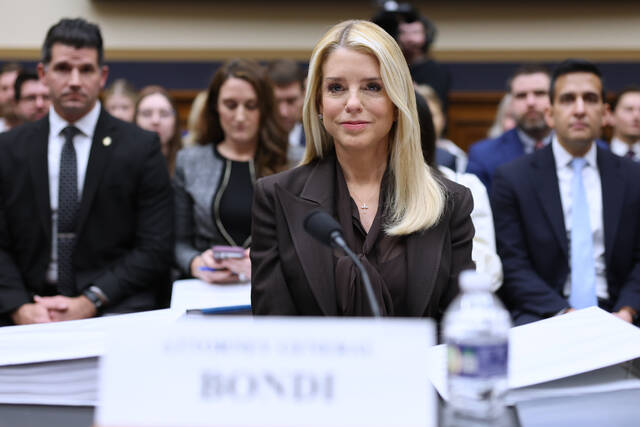The treatment of inmate Kort Noel Eckman at Westmoreland County Prison is a troubling example of the systematic failure to respect religious freedoms in our correctional system.
Eckman, awaiting trial on serious charges including attempted homicide, requested to wear a yarmulke in court and receive kosher meals aligned with his ongoing conversion to Judaism. Instead of accommodating these requests, prison officials denied him these basic rights, delayed his hearing, and ignored Pennsylvania law and constitutional guarantees.
Pennsylvania Title 37, Part VI, Chapter 95, mandates that county correctional institutions make reasonable accommodations for inmates’ religious beliefs unless there is a clear and compelling security or safety concern. Faith is a right, not a privilege, and the prison’s refusal to comply with this legal requirement is an outright disregard for the rule of law. The prison’s failure isn’t just a procedural error; it’s a violation of both Pennsylvania regulation and the First Amendment.
What’s worse, the county’s decision to bring in a rabbi to judge whether Eckman’s conversion to Judaism was legitimate reduces religious identity to a bureaucratic test. This approach echoes the biblical “shibboleth,” a divisive test meant to distinguish insiders from outsiders. Such gatekeeping is unacceptable. Religion is deeply personal and fluid; it is not for prison officials or outside parties to decide who “qualifies” as a member of a faith community.
This kind of institutional vetting smacks of discrimination and violates constitutional protections. The First Amendment guarantees freedom of religion and bars government interference in religious exercise without a compelling interest.
Pennsylvania’s Title 37 reinforces that prison officials must accommodate religious practices unless a real, demonstrable security risk exists.
If security or safety were genuine concerns, the prison and prison board should provide clear, documented explanations. Concerns about religious attire or diet have been successfully accommodated in correctional facilities across the country. Using security as a blanket excuse to deny fundamental rights is unacceptable and discriminatory.
This incident is emblematic of a larger problem: a disconnect between prisons and their legal obligations to respect human rights. Prisons aren’t just cages; they are institutions charged with humane treatment and rehabilitation. Religion often serves as a source of hope, meaning and transformation for inmates. Denying Eckman his religious rights undermines both legal standards and rehabilitative goals.
Moreover, the administration’s actions damage public confidence in the criminal justice system. Society expects inmates’ constitutional rights to be respected irrespective of the crimes they face. If prison officials can arbitrarily deny rights, it threatens the integrity of our justice system and the principle of equal treatment under the law.
Westmoreland County Prison must immediately correct its violations. Eckman must be allowed to wear his yarmulke without obstruction, receive kosher meals promptly, and have his religious rights respected fully and without unnecessary delay. The county also needs to review and revise its policies to ensure compliance with Pennsylvania Title 37 and provide training for staff on religious accommodations.
Clear policies must prevent discrimination disguised as security concerns. Ignoring religious freedom rights cultivates a culture where faith is treated as optional or conditional, a position fundamentally incompatible with constitutional protections.
Westmoreland County’s failures are not mere administrative missteps but serious breaches of law deserving accountability.
Correctional institutions hold unique power over vulnerable individuals. Their authority, however, is not unlimited. Jail officials must protect constitutional liberties and uphold human dignity. Anything less erodes trust, justice and the rule of law.
The case of Kort Noel Eckman is a stark reminder that the rights to religious freedom and humane treatment must be respected behind prison walls as much as anywhere else. Westmoreland County Prison owes not just an apology but concrete action to rectify these violations. To do otherwise is to undermine the very fabric of justice our society depends on.
Bryan L. Kline is a former Westmoreland County Prison warden, a subject matter expert and associate professor at Colorado Technical University.








